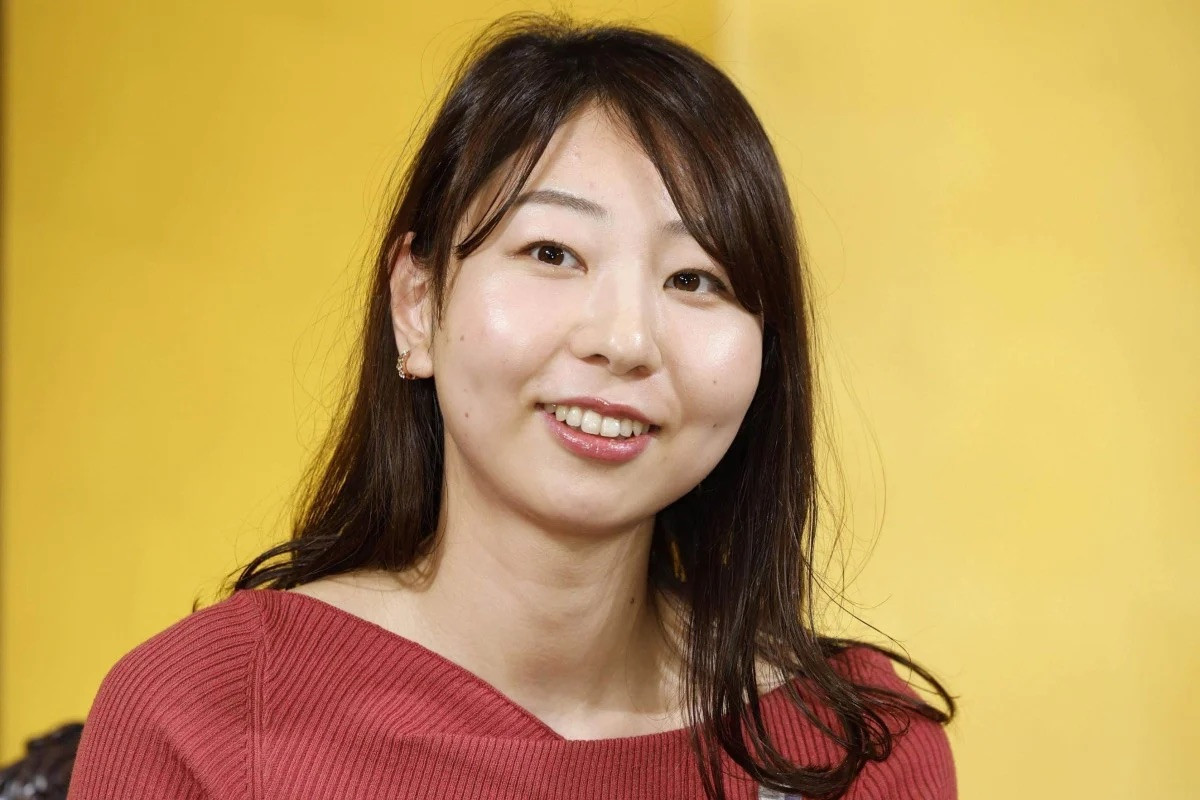A Japanese female author used artificial intelligence (AI) to write a novel and won a prestigious book award, causing a stir in the country's literary industry.

While some welcome the use of AI as a new writing tool, those in charge of book competitions in Japan question how the technology affects authors' creativity, although most agree that it is still a long way from being able to create novels of superior quality using AI.
Rie Kudan, 33, wrote a novel titled Tokyo-to Dojo-to (Tokyo Tower of Empathy), set in the Japanese capital in the not-too-distant future, when AI has become commonplace. The work won Rie Kudan the Akutagawa Prize for Emerging Authors in January.
The issues surrounding Kudan's novel came after she said at an award press conference that "about 5% of the book's content was taken directly from AI".
Shuichi Yoshida, a novelist on the award selection committee, said AI barely came up in discussions during the review process, adding that it could simply be seen as another character in the story.
But Kudan's revelations about the use of AI have been controversial, attracting mixed debate and a stir on international social media platforms.
Generative AI technology is capable of generating text, images, and other content based on user input. This technology allows people to create literary and artistic works with the push of a button without needing any expertise in a particular field. As the number of people using generative AI increases rapidly, there are many concerns that it could be used to spread misinformation or violate intellectual property rights. Discussions have been underway to establish rules for the use of such tools.
In the book, author Rie Kudan talks about a fictional technology reminiscent of the real-life ChatGPT tool developed by OpenAI, which answers the main character's questions. Rie Kudan later explained in an interview that she only used the AI-generated answers to match the fictional technology's answers in the story.
"When I borrowed AI in small pieces to incorporate, I made appropriate changes to the story so as not to disrupt the flow of the text. When you read it again, the AI-applied texts barely take up a page, and I think what I said about using AI was overblown," the author explained.
While Rie Kudan's work itself is not problematic, the revelations about the use of AI will affect future submission rules, a veteran editor said.
“Similar to adding quotes, I think we want to be upfront about that. In practice, it’s hard to tell whether AI was used in the writing process or not, and some readers might feel cheated if they find out later,” the editor said.
For works about the changes taking place in science fiction, AI is often a subject that falls into this category. The Hoshi Shinichi Prize for Science Fiction Literature has detailed requirements for the use of AI-generated content in submissions, including a prohibition on including such content in its entirety without significant additions or modifications to the generated text, among other rules.
However, literary critic Akira Okawada says many authors have used AI to help them come up with ideas for topics or writing structures, adding that Kudan's comments about how she uses generative AI tools when writing seem to reinforce this.
“While we still can’t create superior stories using AI-generated text alone, we should discuss whether it will eventually replace human creativity,” Akira Okawada said. “Children will learn subtle human qualities as they grow up, but AI is unlikely to be able to create works that deeply address moral themes.”
Writer Rie Kudan herself said she is content with coexisting with AI: "Even if AI imitates humans and writes superior texts, I still want to write myself. That desire will never end."
TH (synthesis)